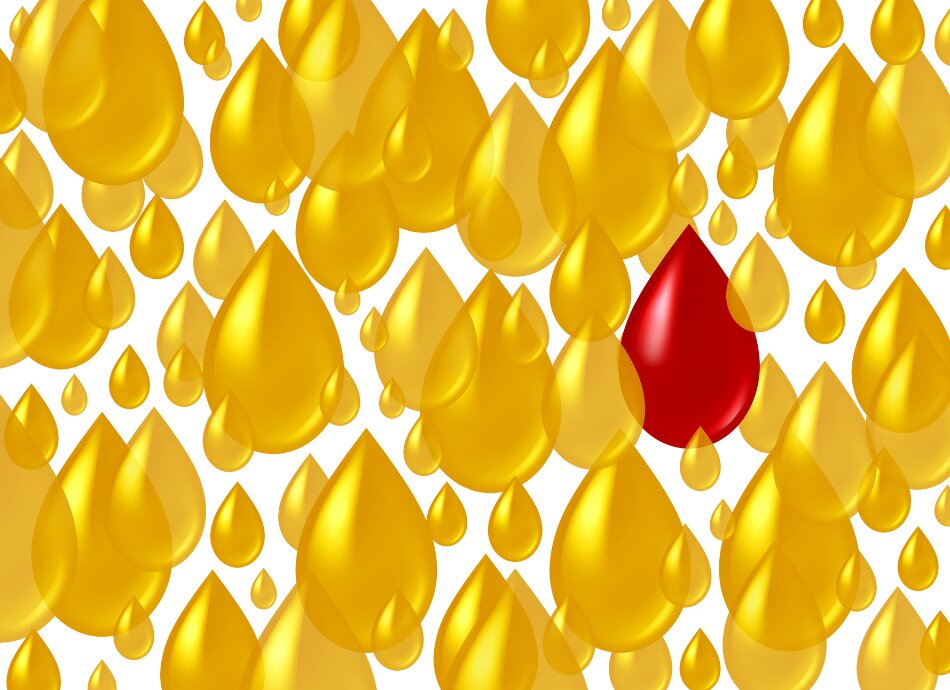Sometimes blood isn’t the cause of red, pink or brown pee. Other causes include:
- Certain foods, eg, beetroot, blackberries, red food dyes which can turn your pee pink.
- Some medicines, such as senna or antibiotics (nitrofurantoin and rifampicin), which can turn your pee red or brown. Ask your pharmacist for more information.
- Bleeding from the bottom (can be caused by haemorrhoids) which can mix with pee when you go to the toilet and look like you have blood in your urine.
- Menstrual bleeding (periods) can also turn your urine pink.







